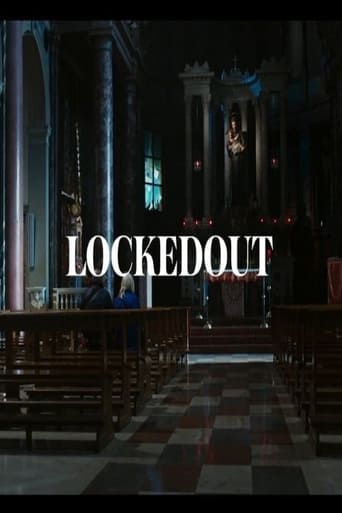
30 Apr 2020

Lockedout
A short documentary about a homeless couple who face the ban on being on the street during 2020 quarantine. Just through their eyes, the two protagonists show us a different Milan, silent and suspended.

Through the irreverent gaze of filmmaker Marina Person, the series tells the emotional story of resilience of the São Paulo International Film Festival, which since 1977 has occupied the city, screening films from all corners of the world.
The series tells the story of the São Paulo International Film Festival, one of the most traditional cultural events in Latin America. For 48 years, the festival has showcased hundreds of films from all over the world, bringing vibrancy to the city. Filmmaker Marina Person provides an irreverent perspective, highlighting the exciting and unusual stories that have marked the festival’s journey of resistance. The series reveals the individuals who have embraced the challenge of organizing this significant cultural event in Brazil every year, despite often challenging conditions. We also delves into how the Mostra has grown to become one of the main festivals globally, shedding light on the changes in cinema, Brazil, and the world over the years.
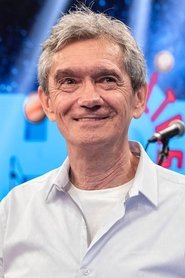


30 Apr 2020

A short documentary about a homeless couple who face the ban on being on the street during 2020 quarantine. Just through their eyes, the two protagonists show us a different Milan, silent and suspended.
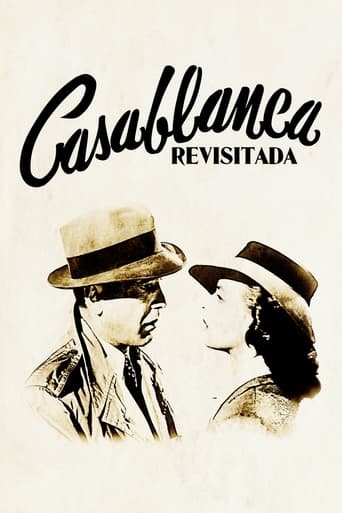
01 Jan 1992

A lyrical and nostalgic analysis of how Casablanca, the mythical film directed by Michael Curtiz in 1942, has influenced both film history and pop culture.
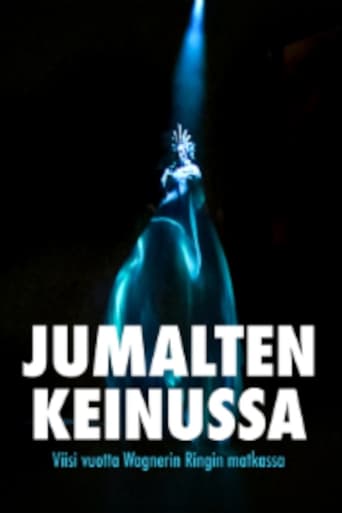
18 Sep 2022

The documentary dives intimately behind the scenes of the Finnish National Opera and sucks the viewer in like the best of thrillers. The three hours fly by, even for those who aren’t necessarily interested in opera as an art form.
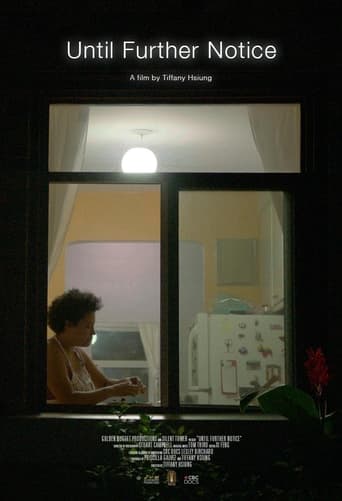
12 Feb 2021

With his industry on lockdown and no end in sight, Toronto chef Luke Donato tries to keep his culinary passion alive during the COVID-19 pandemic - even if it means teaching a group of misfits online.
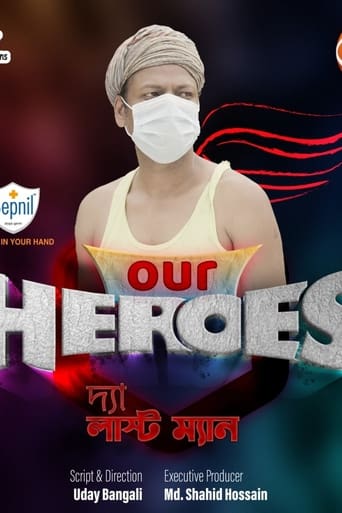
18 May 2021

Gravedigger is the last name on the list of fighters facing the Corona epidemic. The gravediggers have buried the dead in one corona after another at the call of humanity even though they were not paid. In return, they received some rewards and an invaluable realization. One of them is Aslam of Ray Bazar Cemetery, The Last Man.
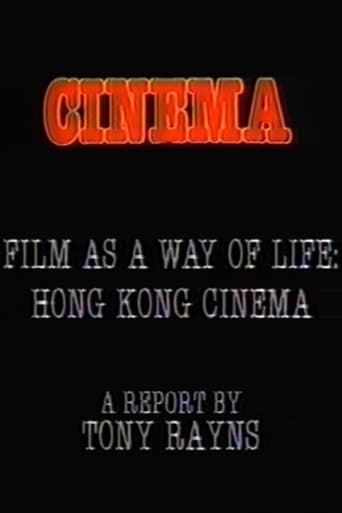
08 Jun 1983

Examines the early 1980s Hong Kong filmmaking community. Tony Rayns interviews some of the new generation of filmmakers and figures from the wider film culture.

06 Apr 2024

Hacking at Leaves documents artist and hazmat-suit aficionado Johannes Grenzfurthner as he attempts to come to terms with the United States' colonial past, Navajo tribal history, and the hacker movement. The story hones in on a small tinker space in Durango, Colorado, that made significant contributions to worldwide COVID relief efforts. But things go awry when Uncle Sam interferes with the film's production.
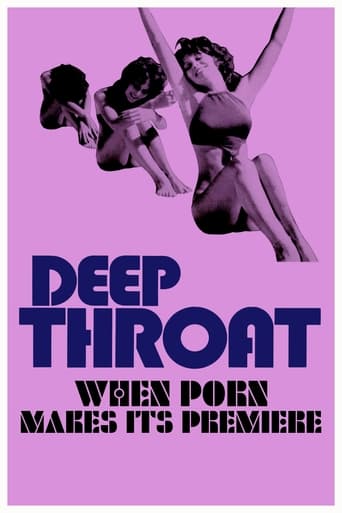
29 Jan 2022

Deep Throat, a pornographic film directed by Gerard Damiano, a film-loving hairdresser, and starring Linda Lovelace, a shy girl manipulated by a controlling husband, was released in 1972 and divided audiences, who began to talk openly about sex, desire and female pleasure; but also about violence and abuse; and about pornography, until then an almost clandestine industry, as a revolutionary cultural phenomenon.
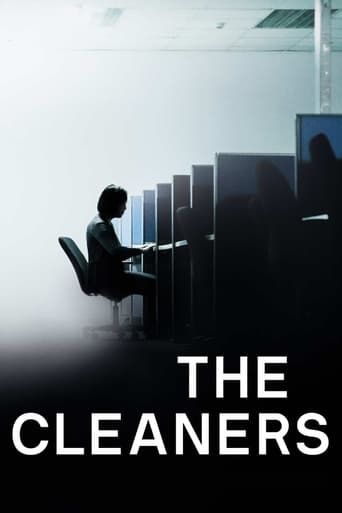
17 May 2018

A deep dive into the hidden industry of digital cleaning, which rids the Internet of unwanted violence, porn and political content.

06 Jun 2024

A group of young politicians campaigning against an authoritarian constitution speak up, spark hope and ignite a once-in-a-generation movement in this energetic exploration of the recent elections in Thailand.
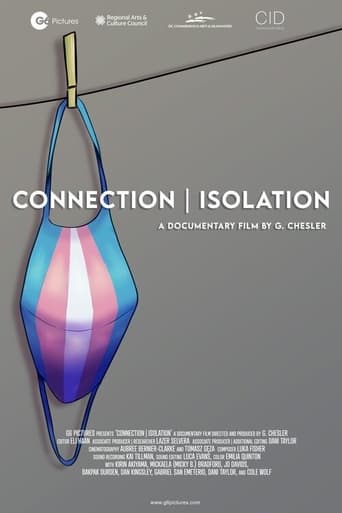
13 Oct 2024

In an airborne pandemic when separation, isolation, and self-sufficiency became the punishing norm, many trans people faced the COVID-19 era differently. G. Chesler’s new documentary feature presents eight portraits of trans, postgender, and genderqueer people sharing their experiences of cultivating, sustaining, and joining communities in this pandemic. These trans community creators center experiences of Asian American people facing violent racism as the pandemic began in late 2019, Black Americans rising in opposition to white supremacist police-state violence in mid 2020, and the exclusion many people who are disabled feel from a society that—despite grave and massive loss—still refuses to habitually protect itself at large.
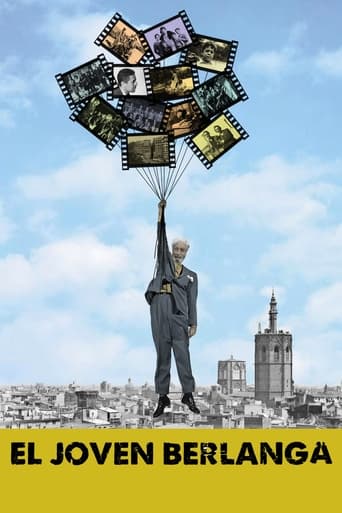
26 Oct 2022

The early days of the future genius of Spanish cinema Luis García Berlanga, from his birth in Valencia in 1921 to his departure to Madrid in 1947 to become a filmmaker.
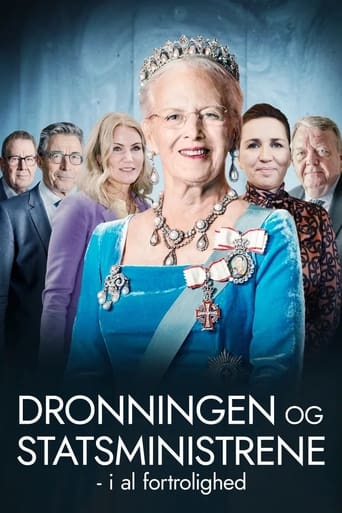
13 Jan 2024

Danish documentary about the relationship between Queen Magrethe II and the prime ministers.
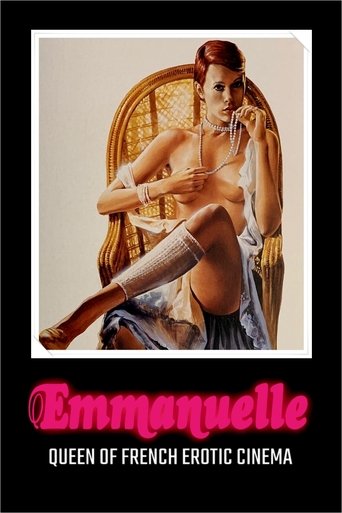
18 Jun 2021

France, 1974. The erotic film Emmanuelle, directed by Just Jaeckin, breaks all records for cinema attendance: the story of the creation of a sensual epic that marked a turning point in the struggle for sexual emancipation.

06 Aug 2017

The greatness, fall and renaissance of Hammer, the flagship company of British popular cinema, mainly from 1955 to 1968. Tortured women and sadistic monsters populated oppressive scenarios in provocative productions that shocked censorship and disgusted critics but fascinated the public. Movies in which horror was shown in offensive colors: dreadful stories, told without prejudices, that offered fear, blood, sex and stunning performances.

28 Aug 2017

Four siblings, whose father disappeared during Brazilian Military Dictatorship, report their childhood during the regime.
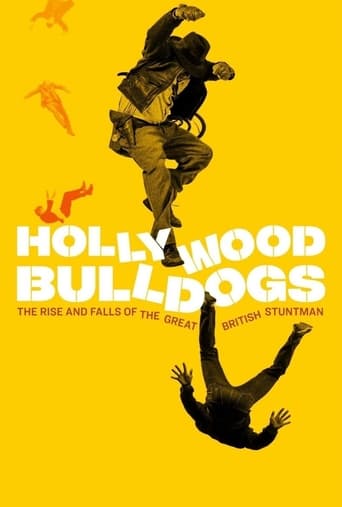
24 Jun 2021

They created and performed the iconic action sequences of 007, Indiana Jones, Superman, Rambo, Star Wars, Conan, the Alien films and pretty much everything since. They crashed cars, jumped from burning buildings, shot, stabbed, kicked and punched their way into cinema history. This is the first feature documentary to unite the legendary community of stuntmen in telling their story and, as you'll see, there's life in the old dogs yet.
20 Jun 2022
No overview found
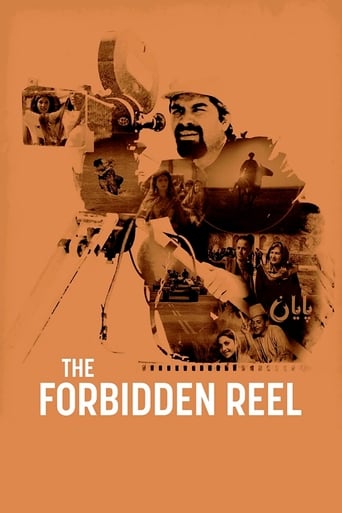
03 Mar 2020

According to the official history of Afghanistan, ruthless destruction has always prevailed over art and creation; but there is another tale to be told, the forgotten account of a diverse and progressive country, seen through the lens of innovative filmmakers, a story that survives thanks to a few brave Afghans, a small but very passionate group that secretly fought to save a huge film archive that was constantly menaced by war and religious fanaticism.
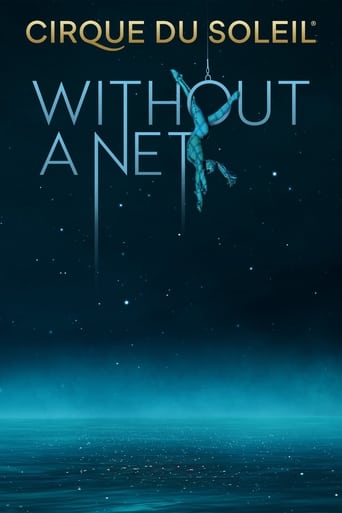
13 Nov 2022

As Cirque du Soleil reboots its flagship production, O, more than a year after an abrupt shutdown, performers and crew members face uncertainty as they work to return to their world-class standards in time for the (re)opening night in Las Vegas. With unfettered access, filmmaker Dawn Porter captures the dramatic journey of the world's most famous circus act on its way back from the brink.